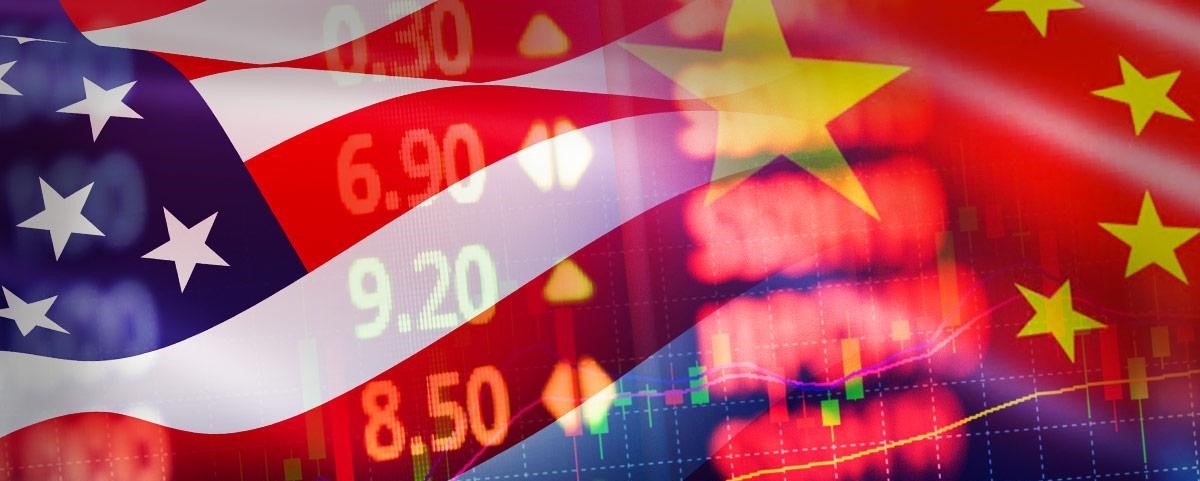

Feb
Hyperinflation represents one of the scenarios which makes investors tremble, with individuals imagining themselves pushing wheelbarrows full of paper currency to buy a loaf of bread. Scenes from Zimbabwe begin flooding their minds, with its (in)famous one hundred trillion dollar note or from Germany, with one US dollar going from being worth 4.2 marks prior to World War I to being worth 4.2 trillion marks toward the end of 1923.
But is the fear of immediate hyperinflation realistic?
In our opinion, for those living in at the very least reasonably developed nations, the answer is a clear no.
Why?
Simply because there is no precedent out there which involves a prosperous nation being brought to its knees by hyperinflation.
When hearing this argument, many observers are quick to point to Germany but that is not an accurate example, for the simple reason that Germany was anything but a prosperous nation at that point in time. On the contrary, it had to make debilitatingly high payments to other nations as war reparations and its economy wasn’t exactly booming.
To put it differently, the economy of Germany had already been brought by its knees by losing World War I, it wasn’t hyperinflation which was responsible for that. Hyperinflation simply placed the final nail(s) in the economic coffin of Germany, bringing about disastrous consequences for an already-weakened economy. Again, “already-weakened” is the operative term because no, it is impossible to draw a parallel between the economy of Germany after losing World War I and the economy of today’s Germany.
The same way, examples such as Zimbabwe make it clear that hyperinflation (up until this point, at least) was only a threat to economies that were already weak to begin with.
As such, it would be quasi-irrational for someone living in today’s Germany to fear immediate hyperinflation. Not because hyper-inflationary scenarios are impossible but rather because they would most likely have to be preceded by other scenarios which weaken the Germany economy to enough of a degree for it to become a “candidate” for hyperinflation.
What about China?
In light of the fact that it is (still) a less developed nation than Germany (with Germany’s GDP per capita putting that of China to shame), it is a fair argument that it is more at risk than Germany from a hyper-inflationary perspective. Still, China is not exactly one of the weakest countries out there, we are after all referring to the number two economy worldwide in nominal terms. While the per capita dimension may not be as impressive, we still have more than enough valid reasons to believe that no, China is not what one would call a prime candidate for hyperinflation.
Does this mean hyperinflation can never affect China?
No.
Hyperinflation has affected China in the past and it is not impossible for it to happen again. However, the same principle as with Germany is valid. In order for China to become a realistic hyperinflation candidate, other devastating events would need to occur first, events that cause enough damage for China’s economy to be not severely but downright disastrously weakened, in a manner similar to Germany’s post-World War I situation.
Is this heuristic history-based model accurate?
Simply put, we can never know.
It is arguably the number one rule in trading/investing that past performance does not guarantee future results. We can simply state that up until this point, there are no case studies to speak of involving prosperous economies brought to their knees by hyperinflation. While a reasonable case could be made that the lack of historical precedents makes scenarios involving sudden hyperinflation quite unlikely for prosperous countries, it is important to understand that nothing is impossible in the world of economics.
Some observers might point out that never before has the global financial system been so interconnected and subjected to unorthodox monetary policy, anything from bringing interest rates all the way down to zero and even negative rates in Europe or Japan to proverbially injecting money into the system directly through monetary easing programs. It isn’t outside the world of reason that such unprecedented widely-spread monetary policy could lead to unprecedented/unexpected inflationary scenarios but again, the ChinaFund.com team firmly believes that a sudden onset of hyperinflation is most definitely unlikely if we are referring to developed and reasonably developed nations.
As reassuring as this message might seem, please note that it refers exclusively to hyperinflation, to scenarios such as one dollar going from 4.2 marks to 4.2 trillion marks or such as the population of a country paying for mundane consumer items with wheelbarrows of paper currency. Let us not forget that scenarios which involve problematically high inflation, even if not hyperinflation, can be quite devastating as well and as such, we shouldn’t make the mistake of assuming that the economy of our nation is “safe” from an inflationary perspective just because hyperinflation-related scenarios are unlikely.
There are multiple facets to the inflation dimension, from situations such as the Asian Contagion of 1997 to the stagflation experienced by the United States prior to Paul Volcker taking over as Chairman of the Federal reserve. While not as nightmare-inducing as hyperinflation narratives, make no mistake: these scenarios can lead to ruin, have led to ruin in the past and will most likely continue to do so in the future.
“Prudence” is therefore the operative word and keeping your ear to the ground is a must. Even savvy economists are frequently taken by surprise by inflationary developments, so why assume you or your organization are somehow immune? Needless to say, should you require assistance with respect to hedging from an inflationary scenario standpoint, the ChinaFund.com will happily put its expertise at your disposal.
